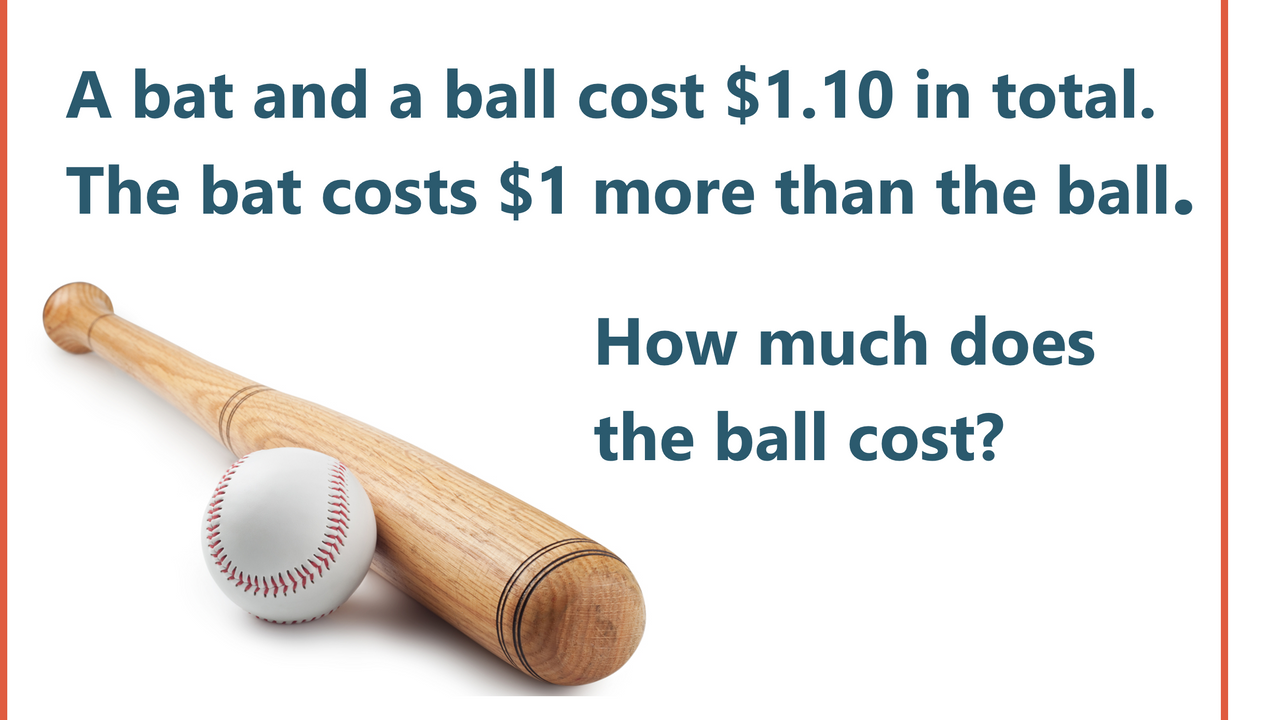
Are You Asking the Right Questions to Get the Right Answer?
Jan 26, 2022Monica Cornetti, President, Sententia, Inc
Have you ever thought about how you make decisions? Do you end up in “trouble” because your choices left the people around you asking, “What were you thinking?”
The truth is, you probably weren’t thinking – you were just acting on an instinct or used some kind of mental shortcut to reach your decision.
Chances are you aren’t asking the right questions to get the right answer.
Let me illustrate with a story about my son Nick, his grandfather, and the conversation I overheard one morning while Pap-Pap was making breakfast for Nick. Pap-Pap prepared a big bowl of oatmeal, his own favorite breakfast.
"Do you like sugar?" Pap-Pap asked Nick. Nick nodded yes.
"How about some butter, too?" Again Nick nodded yes.
"Of course, you like milk?" "Sure," Nick replied.
But when Pap-Pap placed the steaming bowl of oatmeal with butter, sugar and milk before him, Nick refused to eat it.
His Pap-Pap was frustrated. "But Nick when I asked you, didn't you say you liked sugar, butter and milk?"
"Yes," replied Nick. And with huge brown eyes turned up to face his Pap with that angelic look that only a three year old can master, he woefully added, "But Pap-Pap you didn't ask me if I liked oatmeal!"
Good-naturedly his Pap laughed, took away the scorned oatmeal, and said, “Well how about some pancakes.” Nick’s smile beamed as he nodded yes.
As this story shows, the way you ask a question can greatly influence the answer you get.
The same is true for every decision you make, or problem you solve on a daily basis. If you frame your problem poorly you’re unlikely to make a smart choice.
Daniel Kahneman in his book, Thinking, Fast and Slow gives a great example, a simple arithmetic question: A bat and ball cost a dollar and ten cents. The bat costs a dollar more than the ball. How much does the ball cost?
If you are like most people you respond quickly and confidently with the answer, “The ball costs ten cents.” Although it seems obvious, that answer is wrong!
(Look for the correct answer at the end of this article.)
You took some mental shortcuts that aren’t a faster way of doing the math … they’re a way of skipping the math altogether.
Has this kind of thing happened to you – someone asks the wrong question or takes a shortcut that leads to a false conclusion?
Here are some questions from my book, What Were You Thinking? Playbook that I call The Right Questions Run that will help you to ask the right questions to get the right answers that you need.
Right Questions Run
Write down your thoughts for each of the next three steps and the move you will make for each.
Step 1: Ask – “What don’t I know?” This week , admit you don’t know something. Then become a learner. Start with the Internet, the bookstore, the library, or a friend – the answers to most of the world’s problems are there – you just need to be open to learning.
Step 2: What am I pretending not to know? All possibilities open up when we stop deceiving ourselves. For example do you really not know how to save money, lose weight, have a more loving relationship? If you really don’t know – then go back up to Step 1 above and figure it out. If you do know, then after writing it down, continue to the next question.
Step 3: Why don’t I do the things I know I should be doing? Life isn’t always about figuring out what to do. The real challenge can be simply doing the things we know we should be doing. What should you be doing that you’ve been pretending you don’t know how to do?
What techniques and strategies are you using to help ensure that the way you are framing a problem doesn’t prevent you from solving it? Are you asking the right questions to get the right answers?
Answer: Five cents
Don't miss a beat!
New moves, motivation, and classes delivered to your inbox.
We hate SPAM. We will never sell your information, for any reason.
